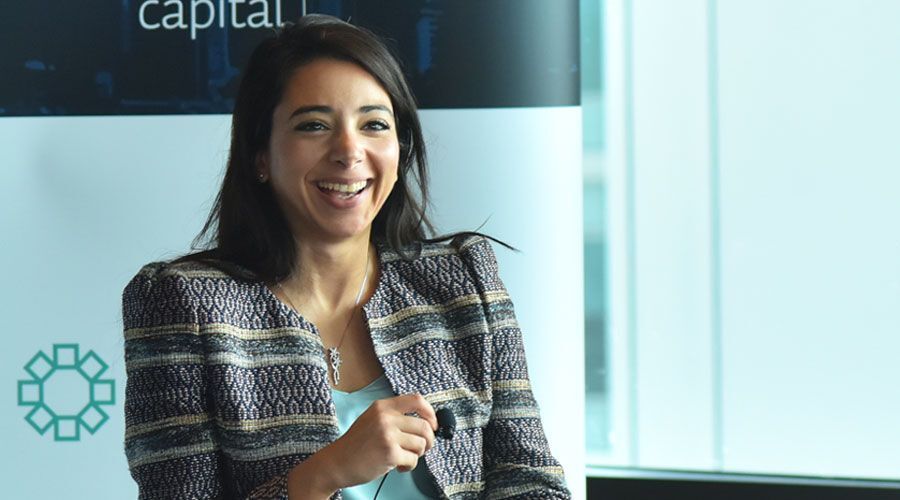Ola Doudin: The Middle East is having its crypto moment

Development in crypto regulations in the Middle East will help digital assets grow according to Ola Doudin, co-founder of UAE-based cryptocurrency exchange BitOasis, who says that the region is now “having its crypto moment”.
Interest in cryptocurrencies has spiked over this past year, thanks to Bitcoin’s soaring valuation, which peaked in April to over $64,000. On BitOasis’ own platform, user sign up rose by 400 per cent in the first quarter of this year, compared to Q4 in 2020. Transaction volumes in Q1 2021 have already surpassed the full volume of 2020.
“It’s adoption we’ve never seen before,” says Doudin who expects further growth in volumes after securing a licence from the Financial Services Regulatory Authority (FSRA) in Abu Dhabi, becoming the first licensed cryptocurrency exchange in the country. The startup is now authorised to allow buying and selling of virtual assets with local currencies and will relocate to the Abu Dhabi Global Market (ADGM) before the end of the year.
“We’re taking the steps to migrate and launch our ADGM-regulated entity by the end of 2021,” says Doudin. “Our biggest market right now is in the UAE, it made sense for us to get the licence here and we’re seeing this industry grow more and more. Essentially [this licence] is a vote of confidence for customers and for the wider industry. Crypto is here to stay and regulators are really embracing it.”
ADGM now joins Bahrain in offering a regulatory framework for cryptocurrency exchanges. Other financial regulators in the region have expressed intentions to develop regulations around crypto, token offerings and other digital assets like NFTs.
Up until now, BitOasis has been self-regulated and has since its launch in 2015, worked with regulators in the region to share its own experiences and learnings to contribute to the development of regulations.
“Regulation provides trust,” says Doudin. “This licence provides us with more trust, more growth and the ability to work with other regulated financial services companies. That helps integrate this new asset class into the wider financial services space. It is a better set up for us to service institutional interest and adoption.”
Currently, most of the interest in cryptocurrencies in the Middle East and North Africa (Mena) comes from “the retail space as well as capital from family offices as opposed to bigger funds”, says Doudin.
As the best performing asset over this past year, Bitcoin has driven further interest in cryptocurrencies overall. We have seen a rise in the number of institutional investors buy into Bitcoin and Ethereum with more financial institutions accepting crypto as a form of payment. According to data from CoinMarketCap, the overall market capitalisation of 9541 different cryptocurrencies currently exceeds $2.3 trillion. It is estimated that Mena’s contribution to this is around 2.5 per cent.
“Post pandemic, with the macro-economic outlook and the trend among institutional investors chasing investment opportunities, they’re trying to hedge against hyperinflation, that has been driving adoption in the crypto space, which helps to appreciate the price,” says Doudin.


